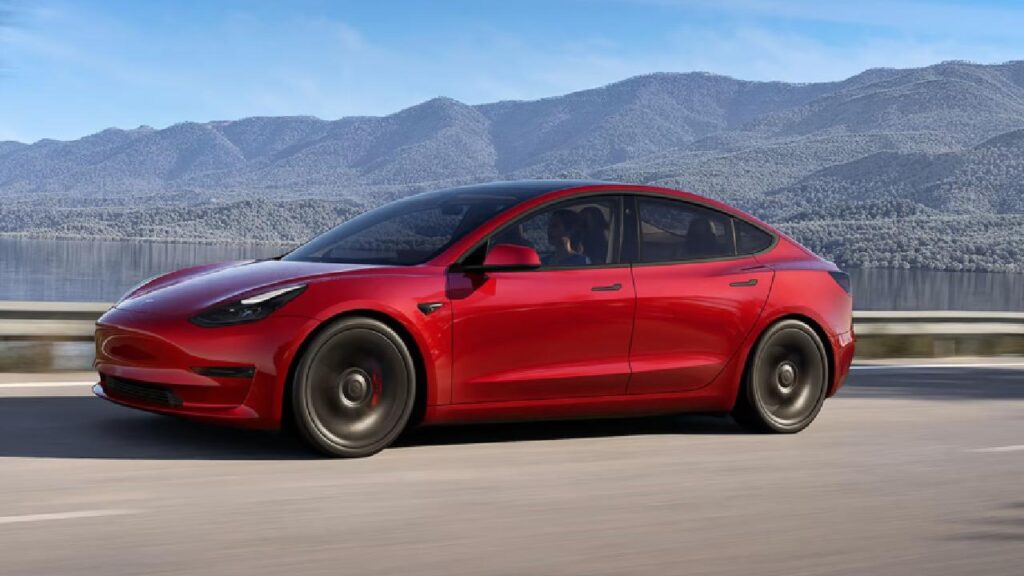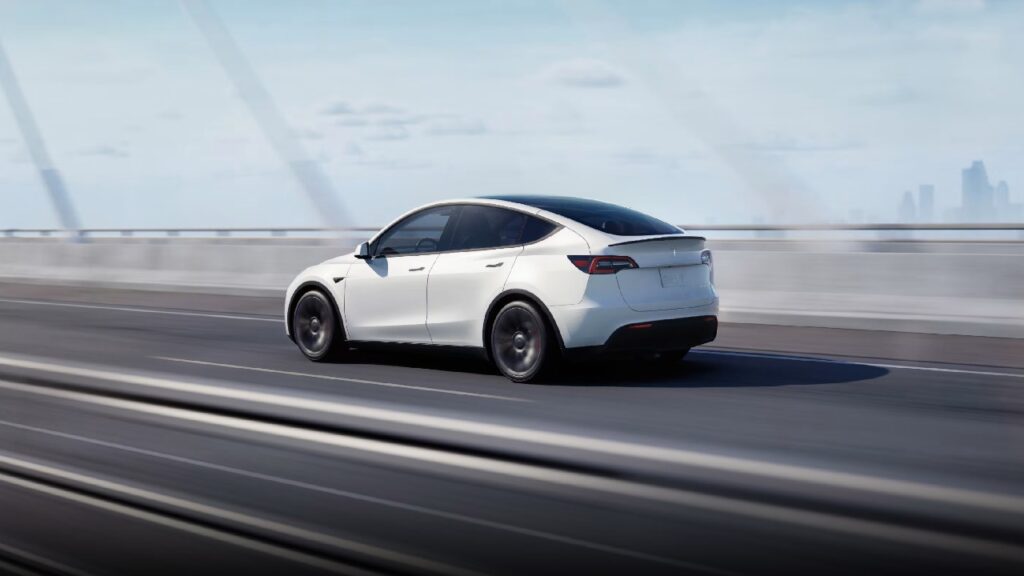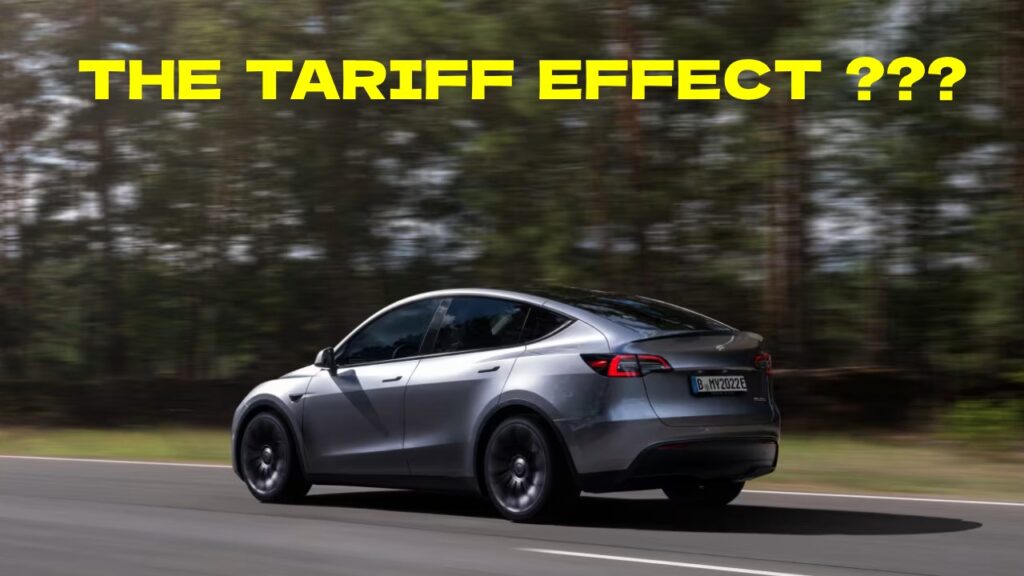The imminent tariffs on Made-in-China EVs by the West seem to have an adverse effect on the production at Tesla Giga Shanghai.
The China-made Tesla EVs have experienced a decline in shipments on a year-on-year basis for the third consecutive month. Note that Tesla’s Giga Shanghai (Gigafactory) manufactures Model 3 and Model Y for domestic, as well as export markets. In June, the China Passenger Car Association (CPCA) data revealed that wholesale vehicle shipments declined for the third consecutive month. This marks an all-red quarter for the American EV giant.

China-Made Tesla EVs Growth Declines
The data from the CPCA informs that Made-in-China Tesla Model 3 and Model Y shipments amounted to 71,007 units in June. This marks a significant 24% decline in comparison to the same month last year. In the entire Q2 of 2024, Tesla Giga Shanghai shipped 205,747 units. This is a 17% decline on a year-on-year basis. This is even lower than Q1 of 2024 when this number was 220,876.
The cumulative shipments from the Tesla Giga Shanghai from January to June this year are 426,000 units, a 10% decline in comparison to the same time period a year ago. Just for reference, the total wholesale units in 2023 were around 950,000. With half a year gone and just 426,000 units under its belt, the American EV giant is staring at challenging times ahead even to reach that number by the end of this year.

You might also like: Polestar 2 and 3 Get Updates, 4 Undergoes Media Reviews
Learn Electric Cars Says
The aftermath of announcements by the U.S. and Europe about imposing astronomical tariffs on China-made EVs is becoming evident. Many carmakers in the West want to prevent their markets from being invaded by unbelievably inexpensive Chinese-made electric cars. Even potential customers are concerned about the exploitation of cheap labour in China. Some of them don’t want to own a car manufactured by the allegedly oppressed workforce.
The U.S. announced 100% tariffs on Chinese EVs (up from 25%), while Europe said the tariffs on the same would be 38%. What is fascinating is that the Chinese-made electric cars are inherently so cheap, that they could still consider selling in these markets at comparable prices to the rivals. Sure, the margins will be squeezed drastically. But the possibility is there.
On the other hand, we have carmakers like Volvo and Stellantis Group who believe that levying tariffs is not healthy for long-term global trade. They believe that Western carmakers should instead focus on developing affordable EVs themselves by investing in R&D for EV batteries and new platforms. This tussle between China and the West is getting heated. We shall keep a close eye on further developments in this regard.

